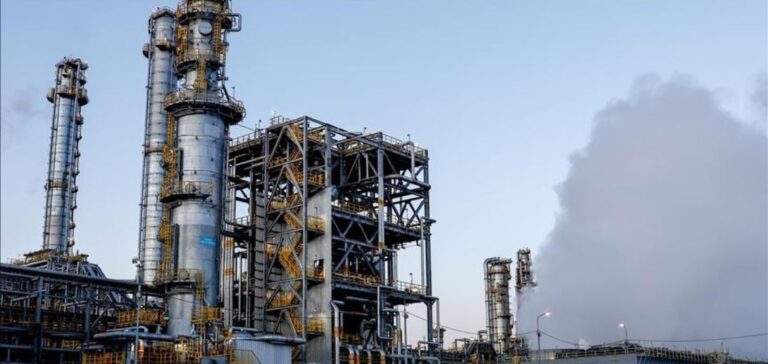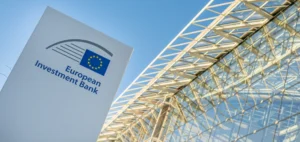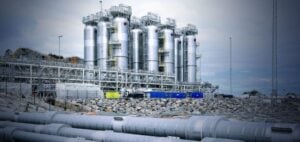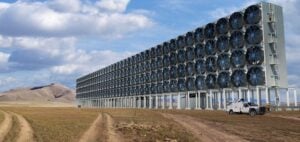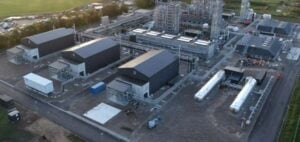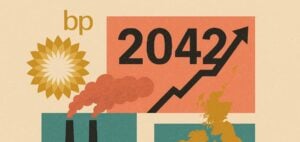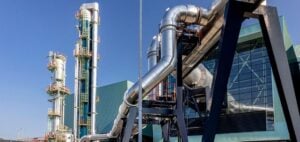As the Russia-Africa summit takes place in St. Petersburg this week, discussions are actively focusing on crucial global issues such as food security and climate change, which can only be resolved through a collaborative effort by many countries.
SIBUR’s Climate Strategy at the Russia-Africa Summit: Towards an International Carbon Market
Russian petrochemical company SIBUR presented its climate strategy at the Russia-Africa summit, stressing the need for a cross-border carbon trading mechanism to meet the global CO2 emissions reduction target. SIBUR places sustainable development at the top of its priorities. The company produces PET granules for plastic bottles using post-consumer recycled plastics, installs renewable energy capacity in its plants and uses environmentally-friendly equipment.
These efforts, together with SIBUR’s international verification of its climate projects, have enabled the company to obtain carbon offset credits in Russia. Last year, Russia set up the National Registry of Carbon Units, which enabled SIBUR to sell its carbon credits in the country, thus encouraging other companies to decarbonize their production processes. SIBUR strongly supports the idea of creating an international carbon market, which was discussed at COP-27 in Egypt and at the BRICS summits.
Mutual Recognition for the International Carbon Market
SIBUR also supports the idea of mutual recognition of carbon unit registries in different countries and regions, which would facilitate cross-border emissions trading.
According to Elena Myakotnikova, head of climate initiatives and carbon regulation at SIBUR, “only a coordinated effort by many countries can help humanity reduce CO2 emissions and combat global warming. SIBUR has also planted 2 million trees in Russia, as the company sees nature-based solutions as another important tool for offsetting CO2 emissions.”
The company hopes that the international community will follow its example in using such approaches. SIBUR is Russia’s largest integrated petrochemical company and one of the world’s fastest-growing petrochemical players, with around 50,000 employees. The company’s vertically integrated business model enables it to deliver products used in the consumer goods and automotive industries, as well as in construction, energy, chemicals and other industries in 100 countries.

